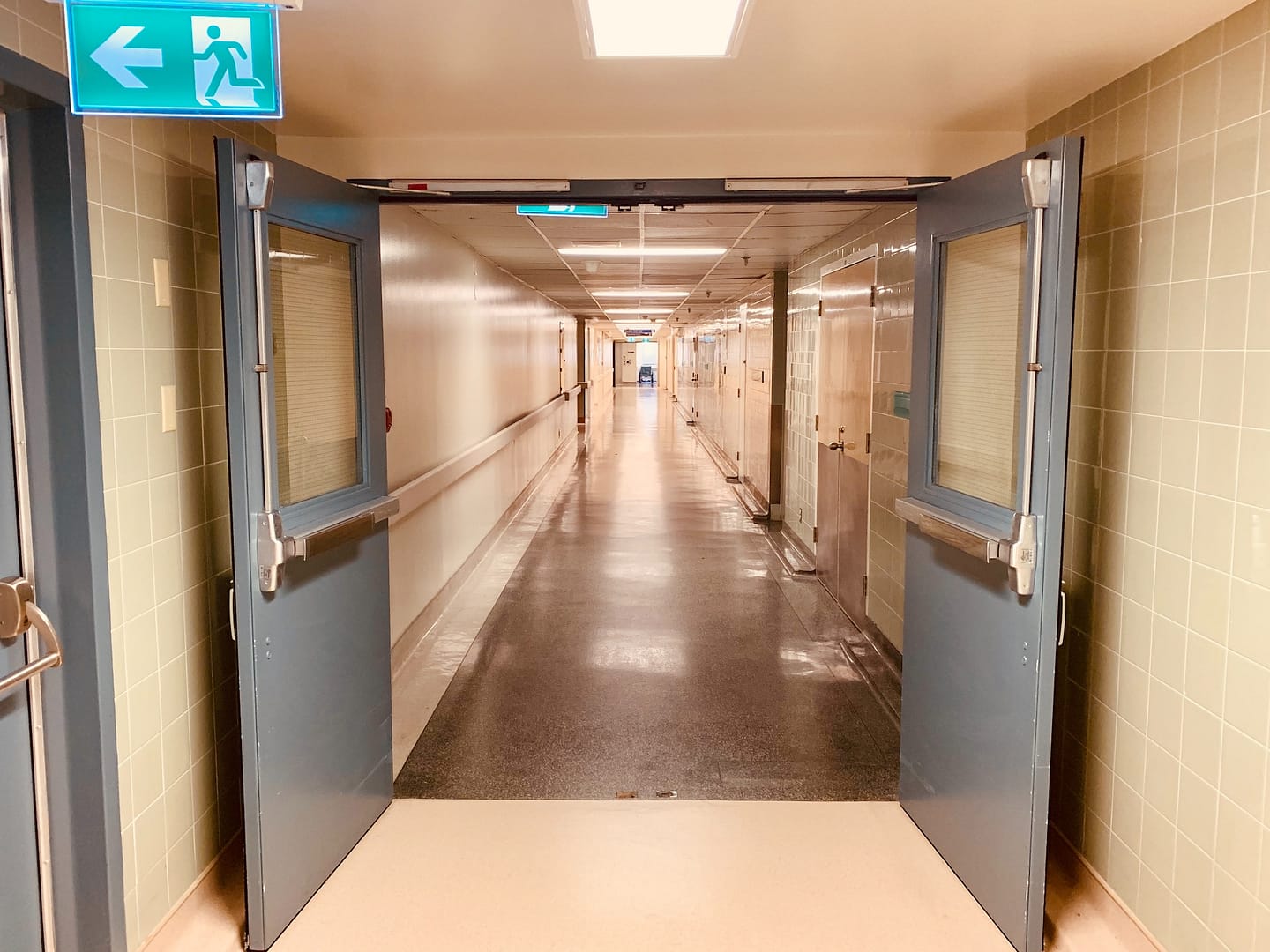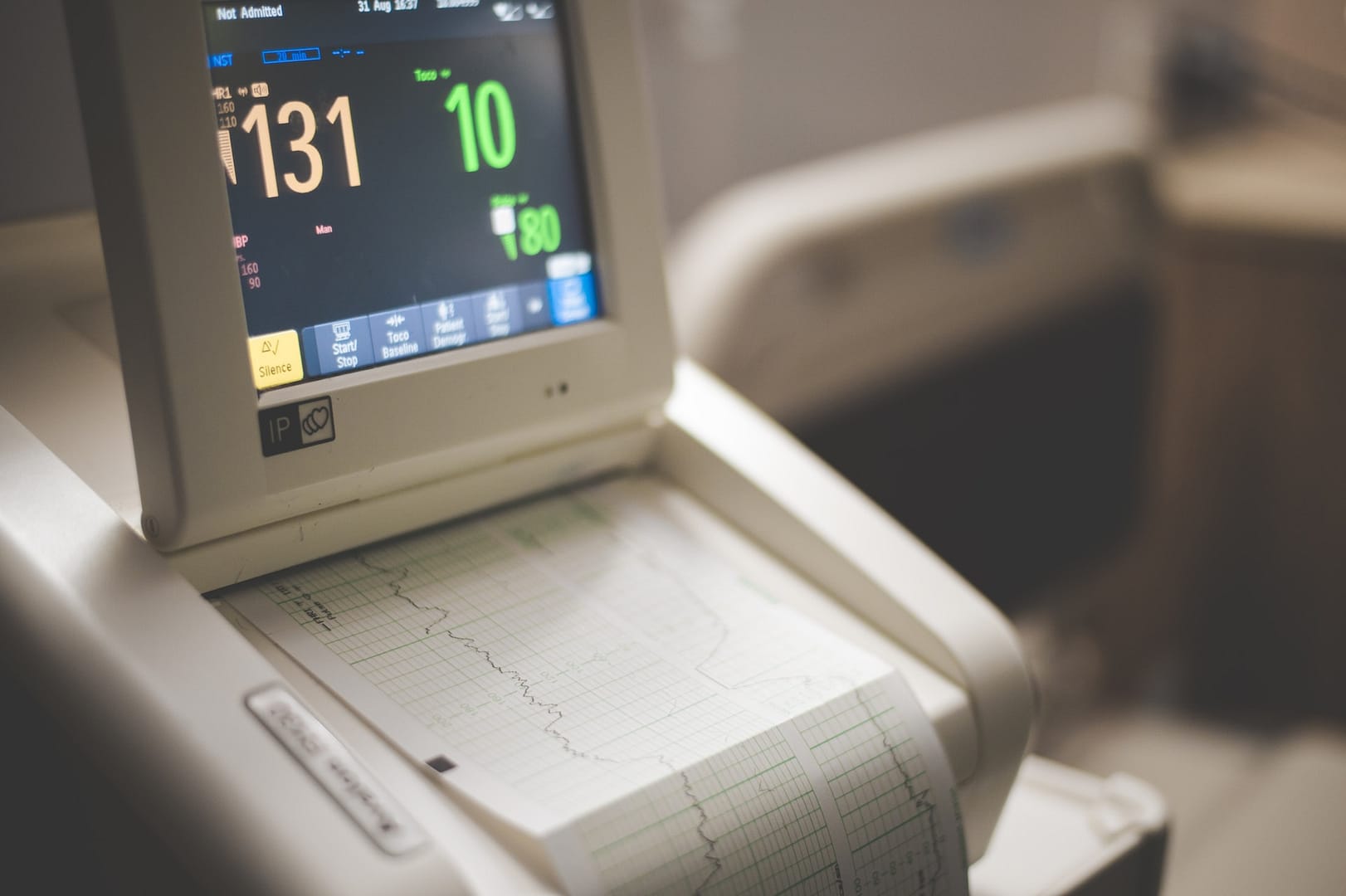The National Health Service (NHS) is a cherished institution in the United Kingdom, providing healthcare services to millions of people every day. While the NHS strives to offer high-quality medical care, clinical negligence is an unfortunate reality that can have profound consequences for patients and their families. In this article, we will delve into the world of clinical negligence within the NHS, exploring its various aspects, its impact on patients and healthcare professionals, and how it can be addressed.
What is Clinical Negligence in the NHS?
Clinical negligence, often referred to as medical malpractice or medical negligence, occurs when a healthcare professional, including doctors, nurses, and other medical staff, fails to provide an appropriate standard of care, resulting in harm to a patient. In the context of the NHS, clinical negligence refers to situations where the healthcare system or its employees fail in their duty of care towards patients, causing injury, suffering, or loss.
Types of Clinical Negligence in the NHS
Clinical negligence within the NHS can take various forms, affecting patients in diverse ways. Understanding these different types is crucial to recognise the potential risks and consequences. Here are some common categories of clinical negligence within the NHS:
Misdiagnosis or Delayed Diagnosis
Misdiagnosis occurs when a healthcare professional fails to accurately identify a medical condition, resulting in incorrect treatment or no treatment at all. Delayed diagnosis, on the other hand, means that the correct diagnosis is made, but it happens later than it should have, potentially allowing the condition to worsen.
Surgical Errors
Surgical errors can encompass a wide range of mistakes, from performing the wrong procedure to leaving surgical instruments inside a patient’s body. Such errors can lead to severe complications and the need for further medical interventions.
Medication Errors
Medication errors occur when patients receive the wrong medication, incorrect dosage, or experience adverse reactions due to negligence in administering drugs. These errors can have harmful effects, especially if a patient is allergic or sensitive to a specific medication.
Birth Injuries
Childbirth should be a joyous occasion, but when clinical negligence occurs during labour and delivery, it can lead to devastating consequences. Birth injuries can result from inadequate monitoring, mismanagement of complications, or failure to perform a necessary intervention promptly.
Hospital-Acquired Infections
While not always the fault of healthcare professionals, hospital-acquired infections can be linked to clinical negligence if the hospital fails to maintain a safe and sanitary environment. These infections can have severe consequences for already vulnerable patients.
Neglect of Duty of Care
In some cases, clinical negligence is not a result of a specific medical error but rather a failure to provide the expected standard of care. This can include neglecting the needs of vulnerable patients, inadequate supervision, or ignoring a patient’s complaints or concerns.
These various types of clinical negligence can have profound effects on patients’ lives, both physically and emotionally. The consequences of clinical negligence extend beyond the immediate harm caused and can lead to long-term suffering and financial burdens.
The Impact of Clinical Negligence
Clinical negligence is not just a matter of paperwork or legal disputes; it has a human face, and its impact is deeply personal and often devastating. While we won’t delve into specific case studies, it’s important to understand the real-life consequences of clinical negligence within the NHS.
Imagine a patient who goes to their local NHS hospital with persistent abdominal pain. The doctor on duty dismisses it as a minor issue and sends the patient home with painkillers. A week later, the pain intensifies, and the patient returns to the hospital. This time, they are diagnosed with a severe and advanced abdominal condition that requires immediate surgery. The delay in the correct diagnosis results in extensive damage to the patient’s organs and a longer, more complicated recovery process.
Such a scenario highlights the very real and distressing impact of clinical negligence. The patient not only endured unnecessary pain and suffering but also faced an extended hospital stay, additional medical procedures, and potential long-term health complications. Moreover, the emotional and psychological toll on the patient and their family is immeasurable.
For healthcare professionals within the NHS, the impact of clinical negligence can be equally profound. They enter their careers with a commitment to providing the best possible care to their patients. When an instance of clinical negligence occurs, it can be emotionally distressing and professionally damaging. It erodes the trust that patients have in the healthcare system and can lead to disciplinary actions against the involved medical professionals.
Addressing Clinical Negligence
Addressing clinical negligence is a multifaceted process that involves various stakeholders, from the patients and their families to the healthcare providers and legal system. Here are some key steps and considerations in addressing clinical negligence within the NHS:
Open Communication
Open and honest communication is essential. Patients and their families should feel comfortable raising concerns or complaints if they suspect clinical negligence. Likewise, healthcare professionals must be willing to acknowledge mistakes and discuss them with patients.
Reporting and Investigation
The NHS has systems in place for reporting incidents of clinical negligence. These reports trigger investigations to determine what happened and why. The goal is to identify areas for improvement and to hold individuals or organisations accountable if necessary.
Legal Recourse
Patients who have suffered from clinical negligence have legal options to seek compensation for their injuries and losses. The legal system plays a crucial role in holding healthcare providers accountable for their actions.
Learning and Improvement
Clinical negligence should be seen as an opportunity for learning and improvement. When incidents occur, the NHS should analyse the causes and implement changes to prevent similar situations in the future. Continuous training, monitoring, and quality assurance are essential in reducing the risk of clinical negligence.
Patient Advocacy
Patient advocacy groups play a vital role in raising awareness about clinical negligence and supporting affected individuals and their families. These groups provide resources, guidance, and a sense of community for those dealing with the aftermath of clinical negligence.
Making a clinical negligence claim with National Claims
At National Claims, we understand the emotional and financial challenges that individuals and their families face when they become victims of clinical negligence within the NHS. We are here to support you through the claims process and seeking the compensation you deserve.
Initial Consultation: Our experienced legal team will provide you with a free, no-obligation consultation to understand the details of your case. We will listen to your story and assess the circumstances to determine if you have a valid claim.
Gathering Evidence: To build a strong case, we will work with you to gather all the necessary evidence, including medical records, witness statements, and expert opinions. This step is crucial in establishing the extent of the clinical negligence and the impact it has had on your life.
Support and Guidance: Throughout the entire process, National Claims is here to provide you with support and guidance. We understand that making a clinical negligence claim can be emotionally challenging, and we are committed to standing by your side.

Conclusion
The NHS is an invaluable institution, providing healthcare services to millions of people across the United Kingdom. While the majority of healthcare professionals within the NHS are dedicated and diligent, clinical negligence remains a concern that cannot be ignored. It has far-reaching consequences for patients, their families, and healthcare providers.
Understanding the different types of clinical negligence, its impact on individuals, and the steps to address it is essential. Open communication, reporting and investigation, legal recourse, learning and improvement, and patient advocacy all play a role in mitigating the risks and consequences of clinical negligence.
In the end, clinical negligence is not just a legal or medical issue—it’s a human issue. It’s about the lives and well-being of patients who entrust their health and lives to the NHS. The collective efforts of patients, healthcare professionals, and the healthcare system itself are needed to ensure that clinical negligence is minimised, and that the NHS continues to provide high-quality care to all who rely on its services. National Claims is here to assist those who have suffered from clinical negligence in seeking the justice and compensation they deserve.
Contact us today to start your claim and learn more about clinical negligence at National Claims.
Click below to see why we are one of the most trusted claims management companies in the UK.

We’re proud of our excellent customer reviews
We thrive on delivering exceptional service and ensuring our clients’ satisfaction. Don’t just take our word for it. Check out some of our independent reviews to see what our clients have to say.
Excellent

This firm is excellent, they sorted out my car pay out and injury claim very fast, they always communicate with you all the time.

My accident case was dealt with confidence and with great result of the outcome, especially James kept me informed all the time.

I was very impressed at the way my inquiry was treated. I was listened to attentively and everything I needed to know was explained to me.






